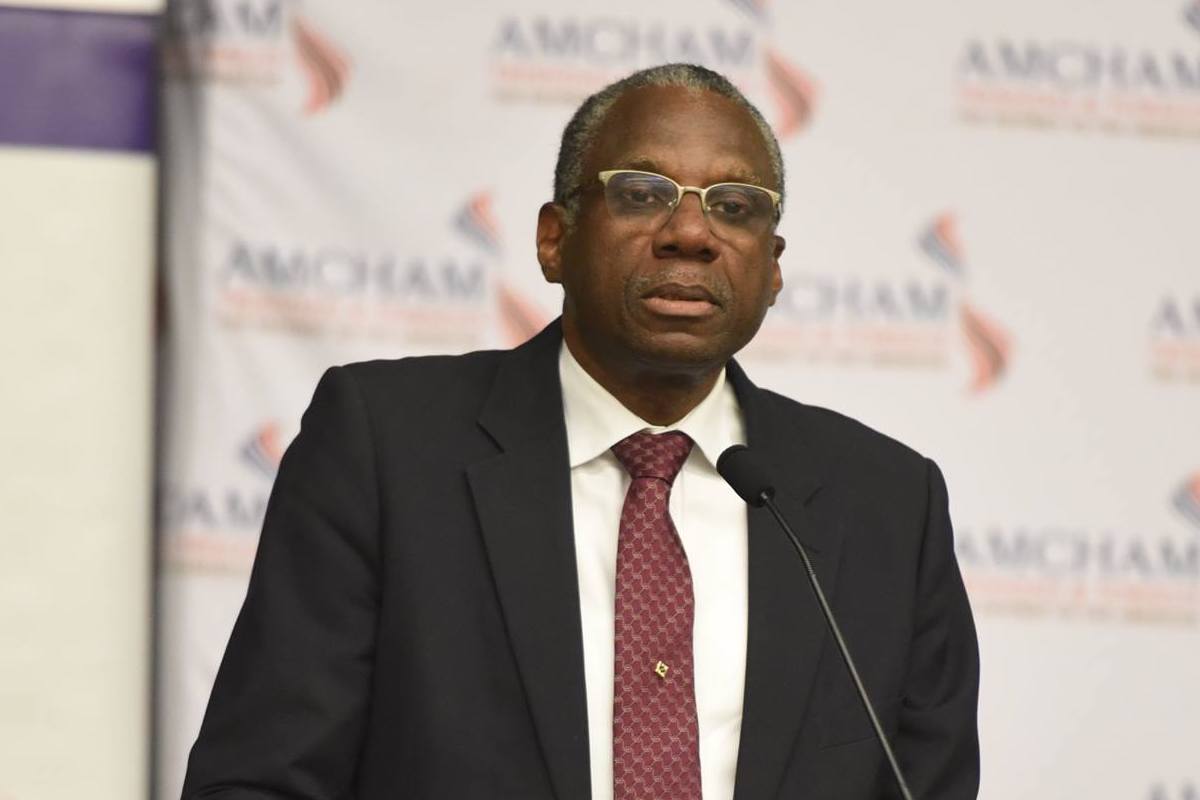THE decision of the Court of Appeal has drawn a line under the litigation between the Trinidad and Tobago Football Association (TTFA) and FIFA, a conflict which recalls the Creole aphorism: “Tief from tief does make God laugh!” Justice Gobin took the parties and the country on an excursion which brought to mind former Chief Justice Michael de la Bastide’s query, posed in the context of another matter adjudicated by Gobin J, as to whether judicial review legislation had opened the door to “judicial adventurism’’.
Justice Gobin’s frolic did, however, surface a significant issue, the legal status of certain entities created by statute and the justiciability of their actions.
To be sure, the issue is not really new. Justice Judith Jones (as she then was) had to interpret the Integrity in Public Life Act of 2000 and the related amendments to the Constitution.
Those pieces of legislation widened the ambit of the Integrity Commission to include boards of “statutory bodies and state enterprises, including those bodies in which the State has a controlling interest”. But the legislation did not define either.
After interrogating the Interpretation Act and the Constitution itself, Jones J opined that: “In their natural and ordinary meaning the term [statutory bodies] must be taken to mean: ‘those bodies or organisations established by statute’... there is no other possible meaning that can be ascribed to these words.”
And there lay the problem. There are a host of organisations—sporting, charitable, religious—that are established by statute. Attorney Tyrone Marcus (Guardian October 18) gave a list of sporting organisations created by statute. The Catholic Religious Education Development Institute, of which I am a director, was set up by statute. Ricardo Williams (Sunday Express October 25) has given an excellent summary of how such organisations come into being and from where their powers arise, which is not from the statute incorporating them.
These organisations are incorporated by statute for reasons of prestige or some other arcane reason. But as Bereaux JA pointed out, that does not mean that they have any defined public purpose or respond to any public policy.
They do not report to Parliament or to any government minister. They do not fall within the principle established in Datafin because they discharge no public duty. And even if, as with the TTFA, there is some public interest in what they do, that is not sufficient to bring them within the ambit of judicial review.
Despite the Jones decision, which has not been appealed, the Integrity Commission has wisely ignored these particular “statutory bodies’’ and has not required their boards to be subjected to its onerous strictures.
Incorporation by statute wrong-footed Boodoosingh J (as he then was) in the Look Loy v Gabriel matter, on which Gobin J relied, and which Bereaux JA suggests was also wrongly decided on that point. Bereaux JA, clear-headed and careful, and the antithesis of judicial activism, did not seek to legislate when a body created by statute should be treated as a private body and hence not subject to judicial review. However, his dicta on that point leaves open the question whether a body established by statute could, outside of resort to arbitration, oust the jurisdiction of the local courts if its legislation explicitly so provided, and whether or not our courts would accept such ouster.
The difficulties of statutory incorporation do not end there. There remains considerable ambiguity about the governance of State-owned enterprises. Yes, they do fall within the purview of the Integrity Commission, and, in accordance with section 119(9) of the Constitution, they do “report’’ to Parliament, usually long after horses have bolted. But because State enterprises are incorporated under the Companies Act, the only legitimate nexus to governance by the State is through the Minister of Finance (Corporation Sole) Act, which is wholly inadequate for effecting good governance. This lacuna has allowed corporate travesties such as UDeCOTT, Education Facilities, Petrotrin’s GTL project, EMBD, LifeSport, and a host of others to occur.
The applicability of judicial review to State enterprises was discussed in NH International v UDeCOTT with instructive judgments by Kangaloo and Warner JJA, and a powerful and persuasive dissent by Sharma CJ.
It is why the 2016 State Enterprise Review Committee recommended that all State-owned enterprises be governed under a two-tiered legal system of incorporation of the Companies Act, together with a New Zealand-style State Enterprise act which clearly legislates the powers of both the “line minister’’ and the finance minister, and would leave directors of state enterprises, who are now very exposed, much less exposed.
The TTFA-FIFA imbroglio will unfold and one hopes that there will eventually be an outcome that is positive for the game in Trinidad and Tobago.
The question of the status of private bodies incorporated by statute which probably should not be, and State enterprises which are not, but should be, ought to garner the attention of a Law Reform Commission, if we still have one.
SOURCE: T&T Express

